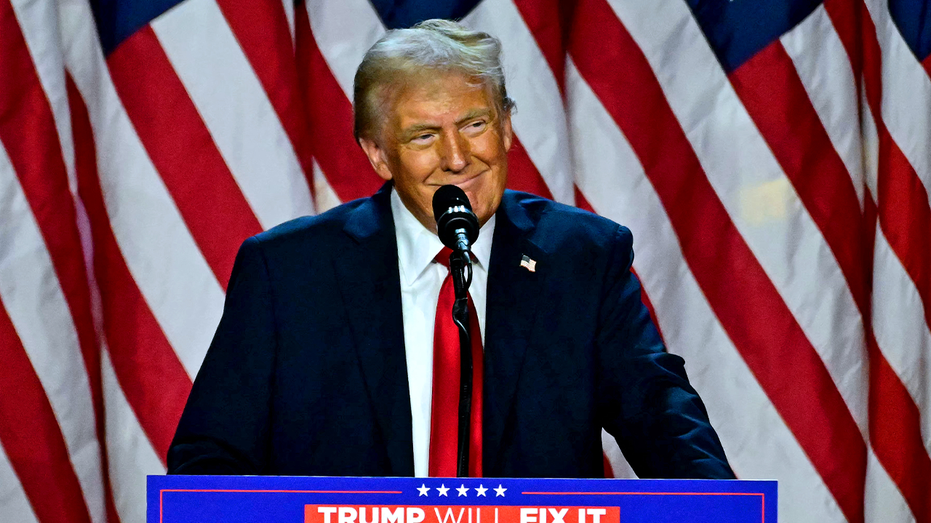As the political landscape continues to evolve, one figure has consistently been at the center of both attention and controversy—Donald Trump. Former President Trump’s ability to capture and maintain a significant portion of the American electorate’s loyalty remains a topic of vigorous discussion and intrigue. As analysts and citizens alike dissect the factors behind his political magnetism, several key elements emerge that have contributed to his enduring influence.
One of the most frequently cited factors behind Trump’s success is his unconventional approach to politics. From the onset, Trump eschewed traditional political norms, branding himself as an outsider willing to challenge established systems. His direct and often confrontational style resonated with a significant segment of voters who felt disenfranchised by the conventional political framework. By positioning himself as a disruptor, Trump tapped into a wellspring of skepticism towards career politicians and governmental institutions.
Another pivotal element of Trump’s appeal is his adeptness in harnessing media, particularly social media, to propagate his message and shape narratives. Trump’s proficiency on platforms like Twitter enabled him to bypass traditional media gatekeepers and speak directly to individuals. This unmediated access allowed Trump to set the agenda, respond to critics, and galvanize supporters in real-time. The viral nature of social media further amplified his reach, ensuring that his messages garnered widespread attention and engagement.
In addition to his media strategy, Trump’s messaging capitalized on a potent mix of nationalism and economic populism. By promoting an “America First” agenda, Trump tapped into both patriotic sentiment and economic anxiety among many Americans. His promises to bring back manufacturing jobs, renegotiate trade deals perceived as unfair, and enhance border security resonated effectively with voters who had seen their communities adversely affected by globalization and offshore production.
The emotional and psychological identification with Trump’s persona also cannot be overlooked. Many of his supporters viewed Trump as a voice for those marginalized or ignored by the political elite. Whether through his rallies or personal anecdotes, Trump often depicted himself as standing up against the status quo on behalf of the “forgotten” American. This narrative of a shared struggle against a common enemy—whether it be the media, political adversaries, or global institutions—further cemented his bond with supporters.
Moreover, the role of cultural issues in galvanizing Trump’s base is significant. His unabashed cultural conservatism helped consolidate support among evangelical Christians and social conservatives. By taking strong stances on issues like abortion, religious freedom, and gun rights, Trump not only attracted these groups but also secured the backing of influential conservative leaders and organizations.
Trump’s impact also owes much to his ability to weather political storms that would typically derail other politicians. Time and again, Trump has emerged from controversies and legal challenges that might have ended the careers of others. His adeptness at redirecting criticism and leveraging it to his advantage has been an integral component of his political resilience. Supporters often interpret media scrutiny or legal attacks as further evidence of a biased system attempting to undermine a non-conformist leader.
While Trump’s approach has proven to be a winning formula in several elections, it has also sparked significant division and debate. Critics argue that his rhetoric exacerbates polarization and undermines democratic norms. Concerns over misinformation, authoritarian tendencies, and fostering divisive social climates are frequently raised as potential dangers of his leadership style. Yet, for a substantial number of Americans, these issues are secondary to the perceived benefits of what they see as a much-needed reformation of the political system.
The legacy of Trump’s time in office and beyond is likely to be analyzed and debated for years to come. His influence has left an indelible impact on the Republican Party, reshaping its platform and priorities in ways that will continue to affect American politics. The fervor of his base suggests that Trump or at least “Trumpism” is here to stay in some form—shaping party dynamics, future candidacies, and policy discussions.
Understanding Trump’s enduring appeal is essential for both supporters and detractors, as it offers critical insights into broader national sentiments and the evolving landscape of American democracy. As the nation moves forward, it will be important to consider how to address the divisions that have surfaced and how political leaders from all sides can engage in constructive dialogue to foster a more inclusive and collaborative political environment.
































